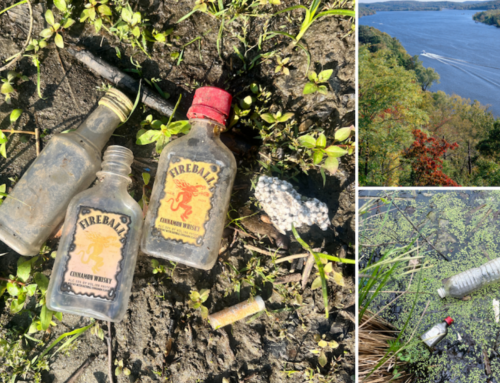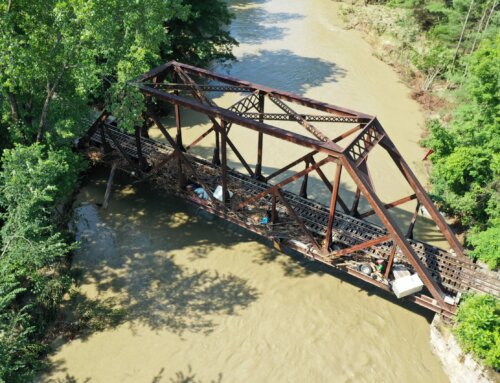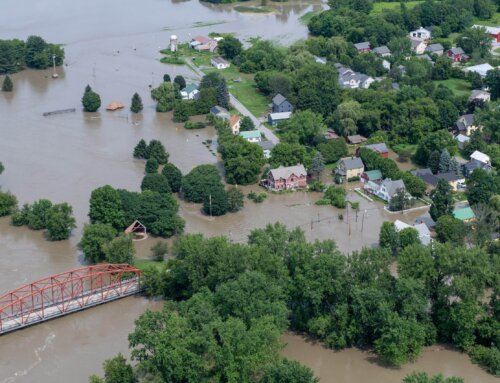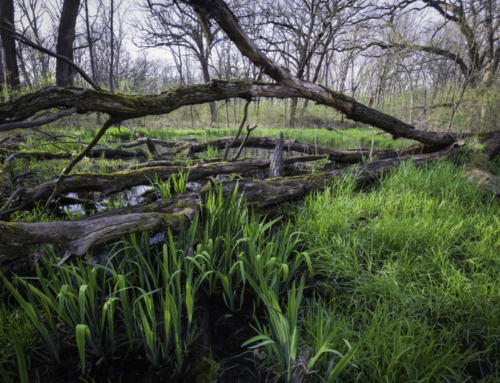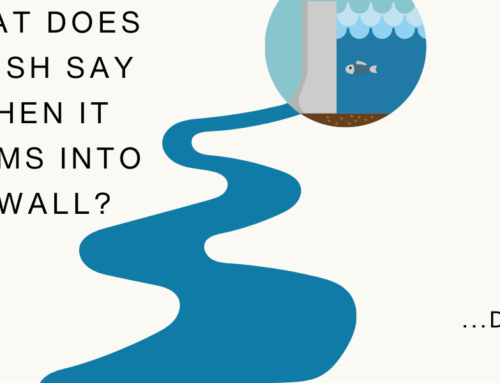Testimony of Ron Rhodes, River Steward, Connecticut River Conservancy
before the Vermont House Committee on Natural Resources, Fish and Wildlife
Friday, March 30, 2018
When I testified before this committee on February 22 during Clean Water Day, I still held out hope that everybody was “All In” for clean water. I ended my remarks with this quote: “All of us are here today to urge you to make the long term investment necessary to clean up all of the State’s impaired waters. And to do it this session. No more studies, no more delays.”
Since then, the Senate has passed S. 260 with no funding and more studies. The bill passed by the Senate does absolutely nothing to clean up our impaired waters. The bill won’t help our towns, businesses, regional planning commissions or watershed groups implement a single clean water project. 4,000 projects are queued up in the Agency of Natural Resources database just waiting to be funded. I sincerely hope that this committee is “All In” and that the House passes a bill that would actually help clean up our rivers and lakes. Additional studies will not fix the problems and reduce the number of impaired waters. Providing state funding to implement these projects will have an immediate and lasting impact on improving the health and cleanliness of Vermont’s waters.
I also mentioned that Clean Water funding from the State helps all of us apply for and receive additional dollars from other sources – including federal and private foundation grants that effectively doubles the money for clean water. Next month many of our organizations will be applying for a National Fish & Wildlife Foundation grant called New England Forests & Rivers. This grant helps fund riparian buffer tree plantings, dam removals and other water quality improvement projects. It requires a 1 to 1 match! Without state funding in place, we are missing opportunities to leverage additional funds that will help implement some of the 4,000 projects that would actually help clean up our public waterways. We are wasting opportunities and throwing money away.
In addition, in the month since Clean Water Day, the Agency of Natural Resources awarded the 3rd round of Clean Water funding grants. Unfortunately, not all the applications were funded. Watershed groups, regional planning commissions and others who submitted applications to fund some of the 4,000 projects listed on the ANR database were turned down. Rejection letters were sent out by the Agency on March 19. The Agency has run out of money! That’s right, there are no more 2018 funds left to award. Round 4 of this year’s grants will have to be funded out of 2019 money. This is a direct result of the Legislature’s decision last year to remove $1 million from the Clean Water Fund for housing. And if $1.6 million is pulled out this year for a Lake Carmi aerator, we’ll be right back in the same situation next year with more time and resources being wasted.
Finally, I’d like to address one of the questions I received after testifying last month before this committee. I believe it was Representative Sullivan who asked me about the funding source (e.g. the per parcel fee). The more I’ve thought about that issue, the more I wonder why the Legislature asked or told the Treasurer to study the issue and come up with a recommendation. She did that. And still here we sit, debating how to fund clean water. I wholeheartedly support the Treasurer’s report and testimony that she has given. She’s done a great job. I just wish the Senate had paid attention.
Thank you.


